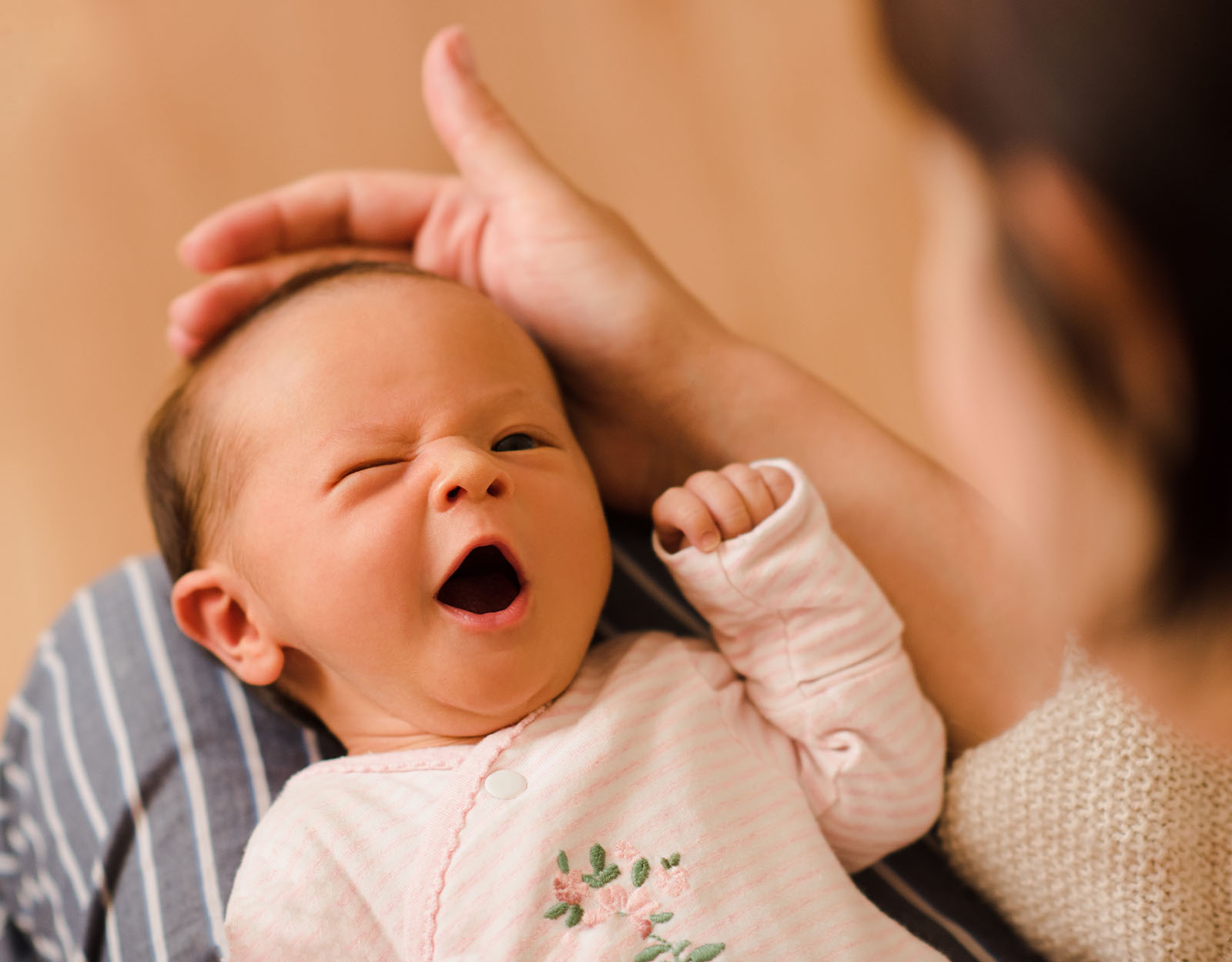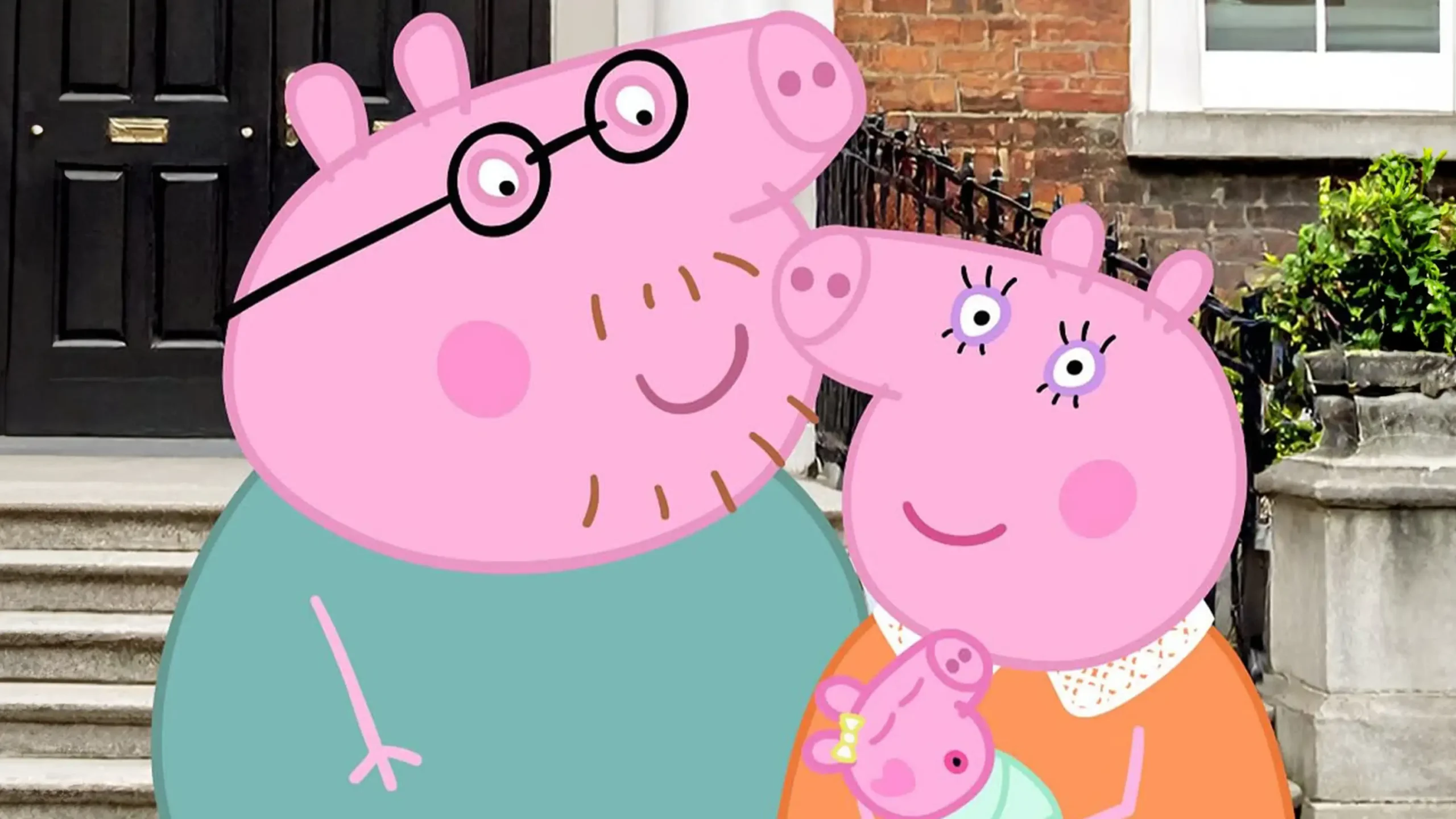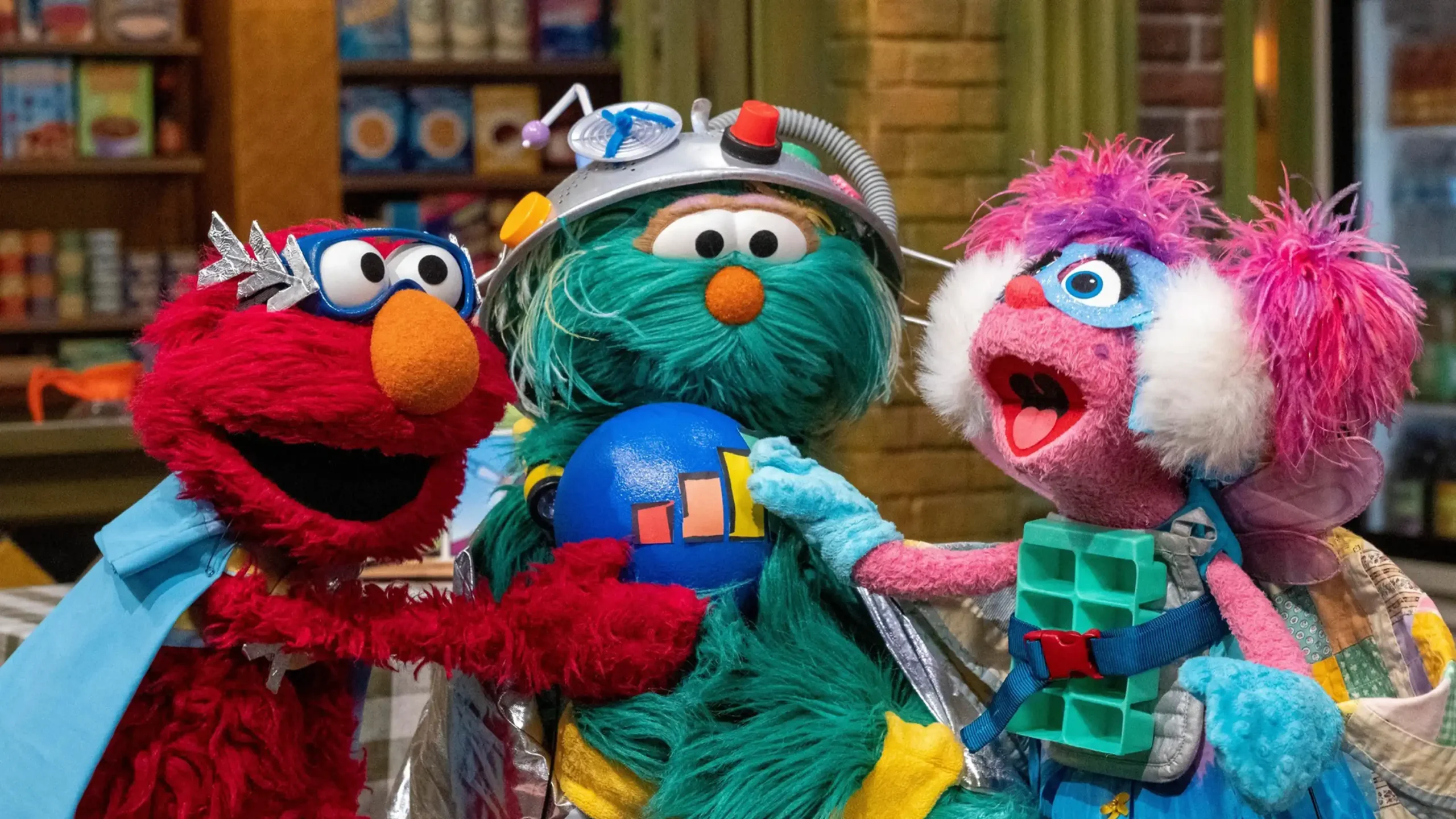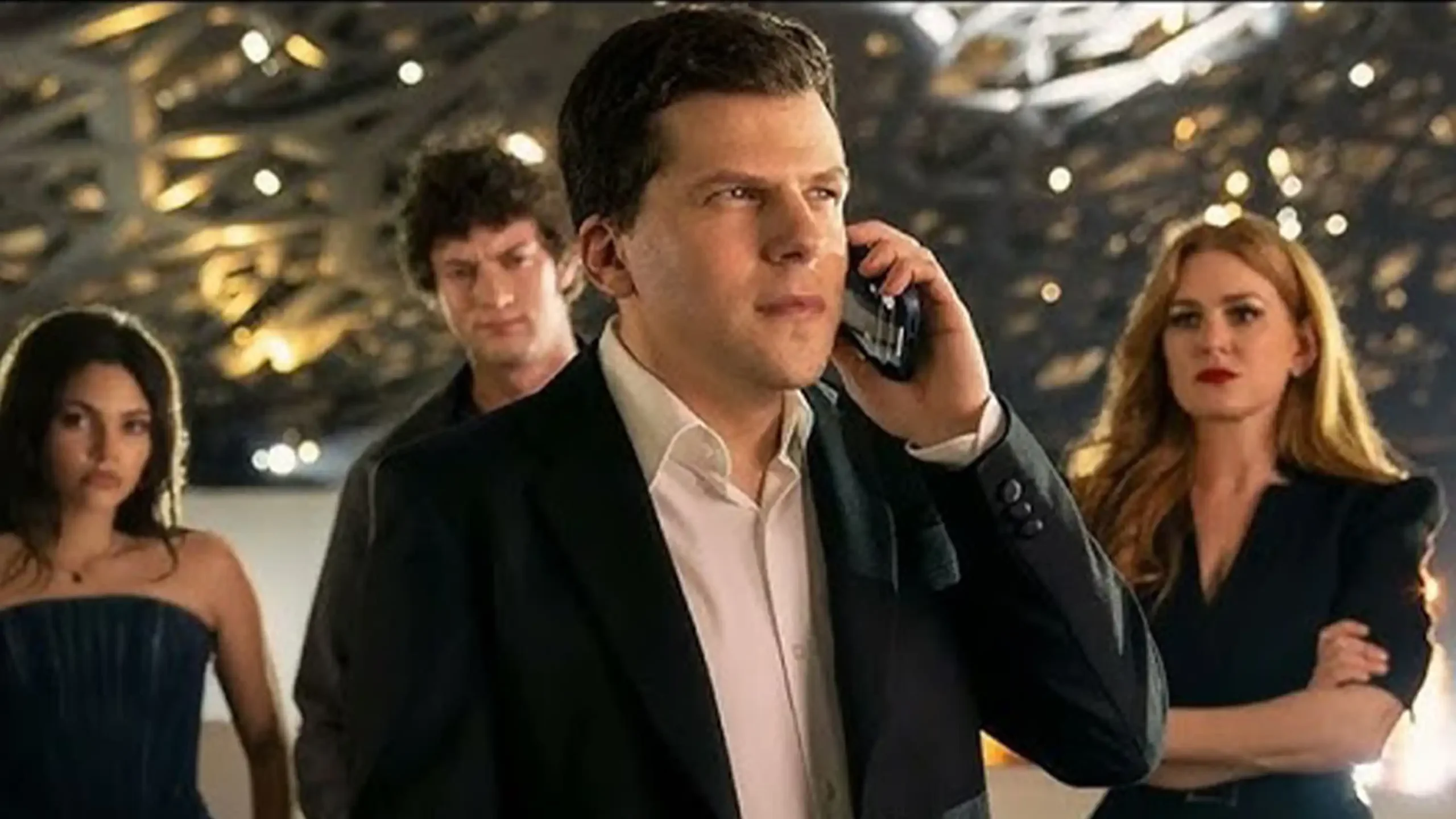Classical Music & Babies: Does It Really Work?
We’ve been often told that letting our babies listen to classical music makes them smarter. Here’s what the studies mean!
It’s no surprise that the songs of this generation’s babies include CocoMelon, PinkFong, Bluey, and Baby Shark. Yet, we’ve often heard the sage advice from the parents before us to let our babies listen to classical music. Pieces of Amadeus Mozart, Sebastian Bach, Ludwig van Beethoven, and Edward Grieg often showed up on digital listicles, with countless professionals endorsing them as scores to help our babies’ brains develop. But how do those musical pieces accomplish that when there are no lyrics to encourage language development and repeat almost the same stanza over and over again?
And for World Music Day, we’ve decided to dive into the many studies and journals that endorse this theory so they can play a tune every family understands.

Appreciating the beauty of classical music
The love and appreciation for classical music often come from the lack of edits. Without technologies such as Autotune and Audacity, these musical masterpieces were an unadulterated demonstration of skill. The tempo, the flow, and even the unique emotions these pieces evoke commemorate the composers’ many years of blood, sweat, tears, and hours running their fingers over the ivory keys to find that perfect eargasm. It’s why these pieces remain part of our kids’ piano class curriculum like Beethoven’s Für Elise for Grade 3 pianists.
But are their effects on babies’ brains that profound?
What do the studies say about music and the brains?
The conclusion of every study that covered the effects of classical music on a baby’s brain all say the same thing: it helps (Trainor, Marie, Gerry, Whiskin, and Unrau, 2012; Ardi and Fauziyyah, 2018). But doesn’t any of us ever wonder how and why it helps?
The first thing to remember is that brain is like a big map filled with lights. Imagine the streets of Metro Manila except less congested and cars moving faster. The little lights or signals that our brains send to run through the brain cells or neurons are like cars. When they jump to another brain cell, it’s like crossing an intersection. But instead of going only in one direction, it splits into multiple directions.
But this doesn’t mean that entire brain lights up like a Christmas tree. Only certain parts of the brain light up. And for music, that part is known as the auditory cortex — it does most of the heavy lifting in processing harmonies and sounds with the help of the prefrontal cortex (the logical part of our brain) and the cerebellum (the part of our brain that determines our bodies’ sense of ballance).
And for babies, this part of their brains are still developing and the best way to develop them is through exercise which is what music does for their brains. As their brains process the harmonies and sounds, it eventually builds associations and connections most especially when they’re asleep. Nap times and sleeping hours are when their bodies release almost 3x more the growth hormones — the chemical that helps their bodies develop — compared to when they’re awake (Jusuf, Arsyad, and Veraningseh, 2023; Hanum, Saragih, Harefa, and Nasution, 2024).
But why classical music specifically for babies?
One of the main factors that contributes to their growth is the smoothness of rhythm. With reduced bass and the focus more on the harmony of notes, the baby’s sleep isn’t interrupted by the sudden change in rhythm and soundwave. The lack of lyrics also allows their brains to focus more on the notes themselves rather than enunciation, Thus, the amount of time they sleep, undisturbed, is much longer, leaving them more exposed to the growth hormone (Jusuf, Arsyad, and Veraningseh, 2023).
Classical music, because it focused more on harmony, has an equal balance of treble (the pitch of the notes) and the bass (the heaviness or weight of the notes) thus, equally distributing the stimulation between touch (via soundwaves — the same way Beethoven produced music upon becoming deaf) and hearing. And the one with the best balance was Mozart’s musical pieces, hence, the phenomenon where babies develop better due to classical music was coined as “The Mozart Effect.” (Jenkins, 2001; Siregar, Amirah, and Wulan, 2022)
Some even say that babies then develop an aesthetic sense for music because of this. However, it’s important to note that the classical pieces the babies were exposed to were Western. Asian classical pieces or folk music have different elements, thus, babies may feel distressed upon hearing the tune simply because it’s different (Trainor, Marie, Gerry, Whiskin, and Unrau, 2012).

With technology, can today’s music produce the same effect with babies?
Because of technology, today’s music is easier to create but at the same time, can sound convoluted to the human ear. There’s an underlying assumption that many of these musical pieces were heavily edited to produce a harmonious piece, with technology and the human ear still having its limits. And while music plays a big role in maintaining life in society, the benefit each genre offers isn’t generalized enough to say, “Classical music benefits all!” or “Metal music makes people violent!”
At the end of the day, it’s the emotions evoked by these pieces that will dictate development. And if classical music pieces made by Mozart are what helped them the most because of how soothing and calming they are, it’s no surprise the benefits were attributed to his work!
References
Ardi, Z., & Fauziyyah, S. A. (2018). The exploration classical music contribution to improve children’s memory abilities. Educational Guidance and Counseling Development Journal, 1(2), 52-60.
Hanum, P., Saragih, O. A. P., Harefa, N. B., & Nasution, N. S. (2024). The Effect of the Combination of Baby Massage and Bach’s Classical Music on the Quality of Baby’s Sleep and Speech Development in Babies Aged 6-10 Months in Mother’s School. Indonesian Journal of Global Health Research, 6(2), 963-968.
Jenkins, J. S. (2001). The mozart effect. Journal of the royal society of medicine, 94(4), 170-172.
Jusuf, M. I., Arsyad, S. F., & Veraningseh, D. (2023). The Effect of Classical Music on the Duration of Sleep of Babies Aged 0-28 Days. British Journal of Nursing Studies, 3(1), 10-16.
Siregar, N. H., Amirah, A., & Wulan, M. (2022). The Effect of the Combination of the Baby Spa Method and Mozart’s Classical Music on the Gross Motor Development of Babies. International Journal Papier Advance and Scientific Review, 3(1), 25-32.
Trainor, L. J., Marie, C., Gerry, D., Whiskin, E., & Unrau, A. (2012). Becoming musically enculturated: effects of music classes for infants on brain and behavior. Annals of the New York Academy of Sciences, 1252(1), 129-138.
More about music and kids?
Sitti Navarro-Ramirez: The Sound of Music and Motherhood
How Parents Can Encourage Their Kids to Love Music
A Parent’s Music Playlist To Get Babies To Sleep









